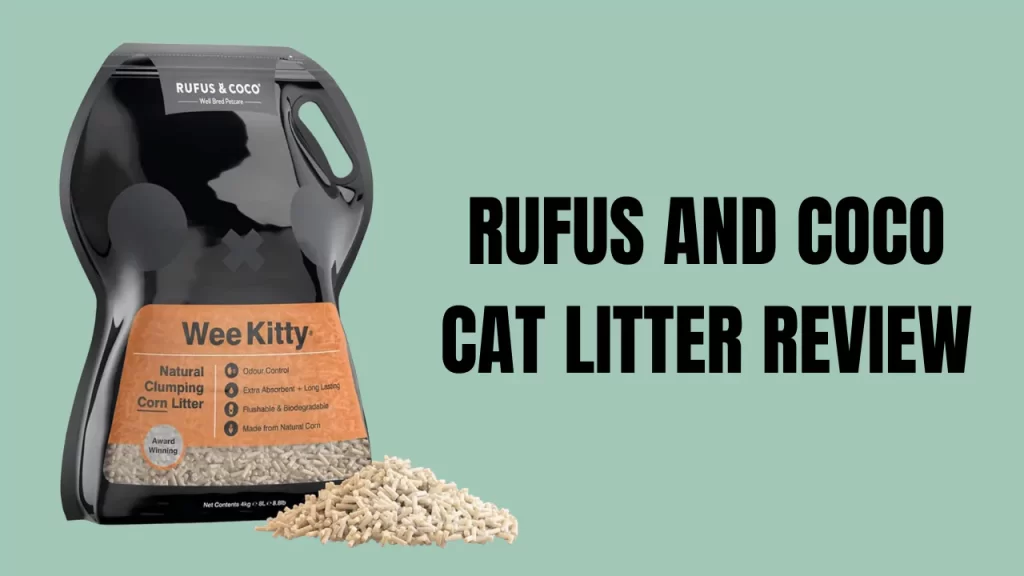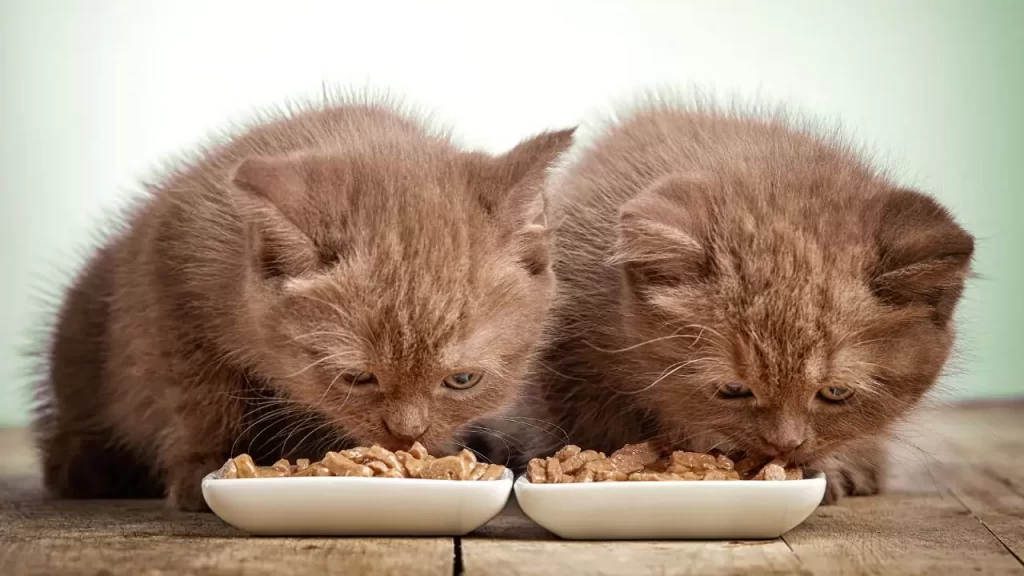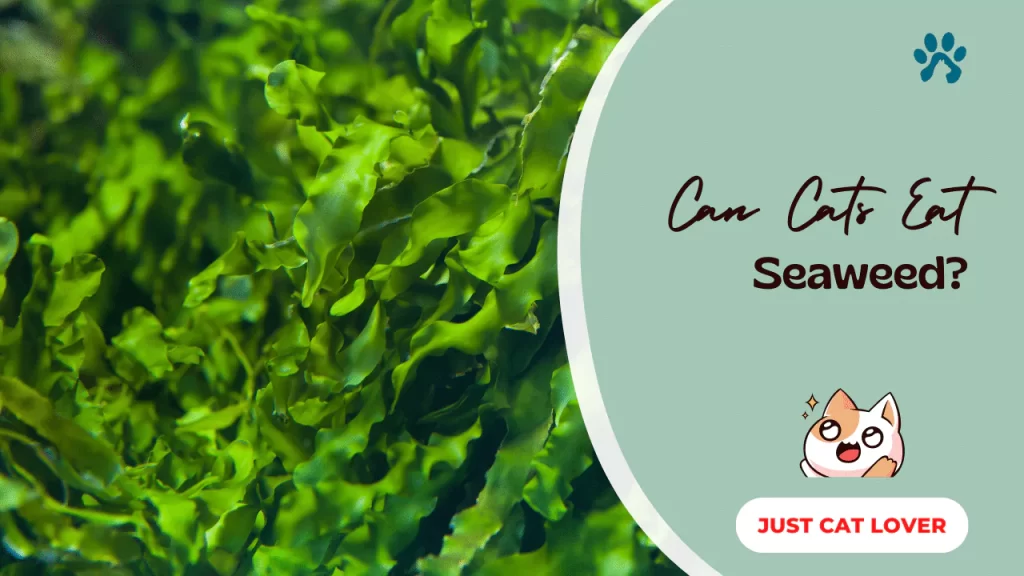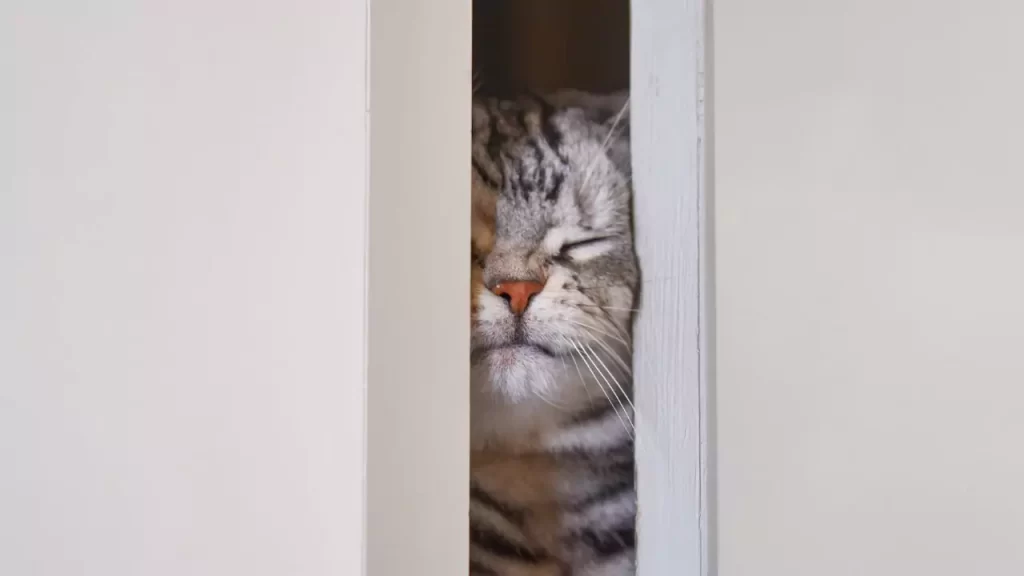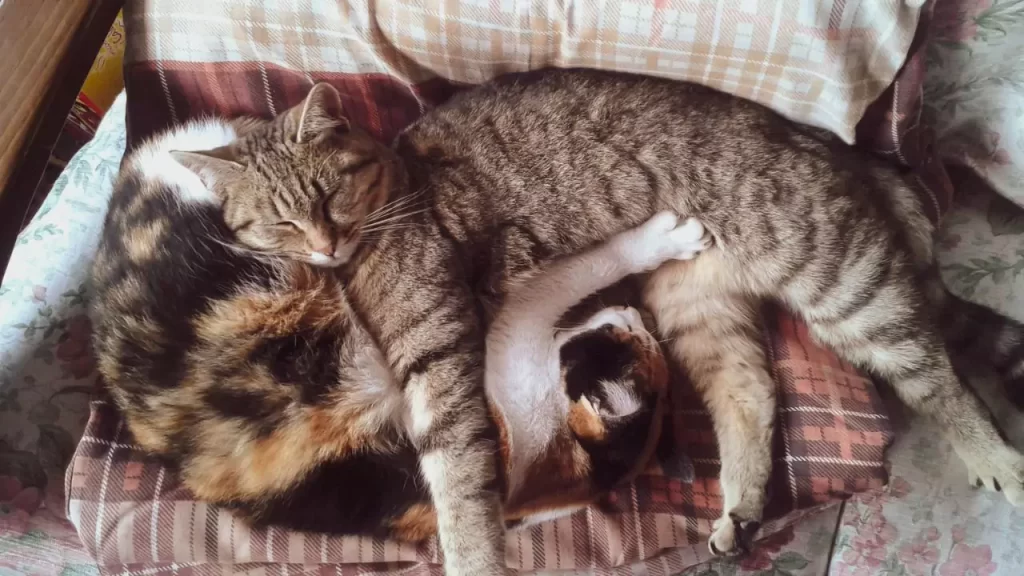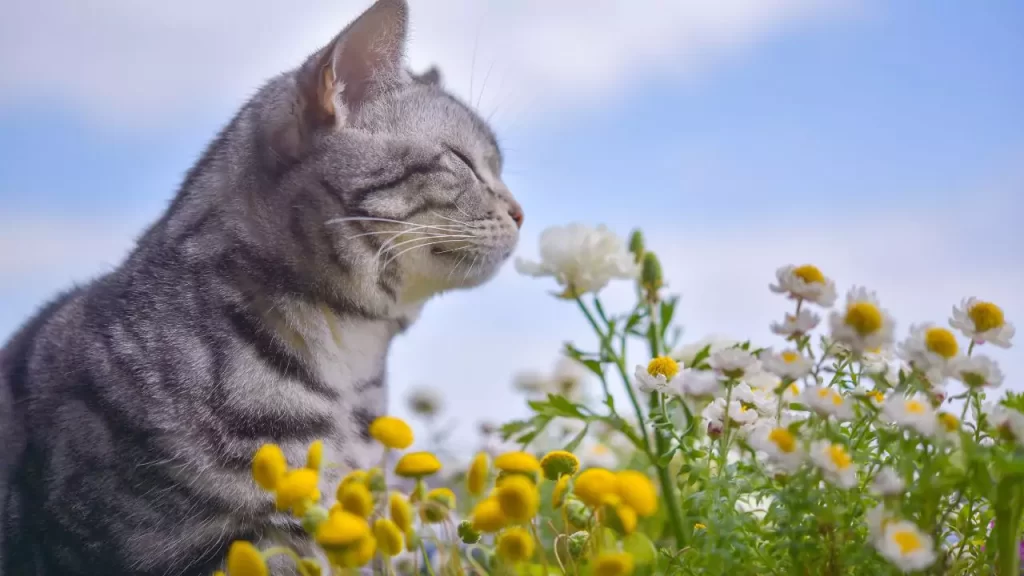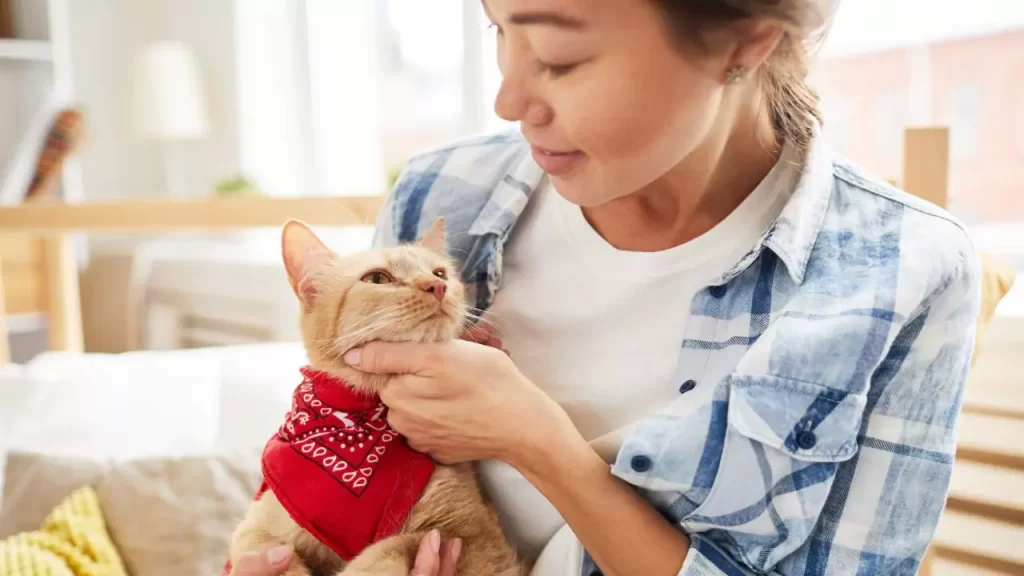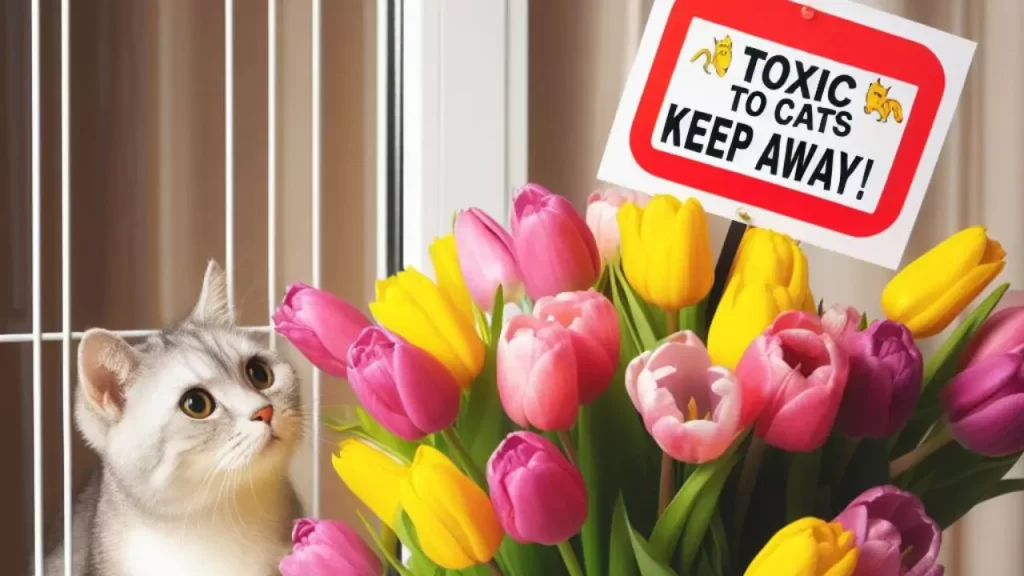Author: Dola Singha
Dola Singha is a cat enthusiast with a lifelong love for feline companions. She is an expert in all aspects of cat care, from nutrition and behavior to training and health.
If you are looking for a natural and flushable cat litter that is low in dust, tracking, and odor, you might want to consider Rufus and Coco cat litter. This Australian brand offers a range of plant-based litters made from corn, soy, or tofu. In this article, we will review Rufus and Coco cat litter based on customer feedback, performance, and comparison to other brands. Overview of Rufus and Coco Cat Litter Rufus and Coco is a company that focuses on natural cat litter as well as other pet care products. The company was founded in 2008 by entrepreneur Anneke…
No, you should not feed your 4-5 month old kitten turkey pepperoni. While turkey and some processed meats can be safe for cats in moderation, pepperoni contains too much fat, salt, and spices that can be harmful to young kittens. Can Cats Safely Eat Turkey? Cats can safely eat small amounts of cooked, unseasoned turkey meat in moderation. Turkey is an excellent source of protein for cats and contains amino acids that support their health. However, you should avoid feeding your cat: While turkey can be part of a balanced homemade diet, cats have specific nutritional needs. Work with your…
No, cats should not eat chocolate. Chocolate contains theobromine and caffeine, which are toxic to cats. Theobromine is a stimulant that can cause vomiting, diarrhea, increased thirst and urination, restlessness, panting, muscle tremors, seizures, and even death in cats. Caffeine can also cause these symptoms, as well as an increased heart rate and blood pressure. The amount of chocolate that is toxic to a cat depends on the type of chocolate, the amount eaten, and the cat’s size. Dark chocolate and baking chocolate are the most toxic types of chocolate, as they contain the highest levels of theobromine. Milk chocolate…
No, cats should not eat seaweed. While small amounts of certain seaweeds may be safe for cats, there are potential dangers of feeding cats too much seaweed or the wrong varieties. It’s best to avoid giving cats seaweed. Is Seaweed Safe for Cats? Most types of seaweed contain high levels of iodine. While iodine is an essential mineral for cats, too much iodine can cause potentially serious health issues. Cats are very sensitive to excess iodine which can lead to thyroid problems or toxicity. Additionally, some seaweeds contain compounds that may be toxic to cats. It’s safest to avoid feeding…
No, money plants are generally considered non-toxic for cats. However, there are some potential risks to be aware of if your cat chews on or ingests parts of the money plant. What is a Money Plant? A money plant, also known as a money tree or Pachira aquatica, is a popular houseplant known for its braided trunk and bright green leaves. Here are a few key facts about money plants: Money plants are not poisonous to cats according to the ASPCA. However, they can still cause mild irritation or stomach upset if ingested. Why Do Cats Like to Chew on…
Some cats can open doors by using their claws, levers, or rolling on the floor. They may learn to do so by following treats, toys, or their curiosity and territorial behavior. However, not all cats have the same ability or motivation to open doors. Whether your cat can or cannot open the bedroom door depends on several factors, such as their intelligence, observation skills, familiarity with door knobs, and personality traits. In this article, we will explore why some cats open doors, why they don’t like closed doors, and how to stop them from opening doors if you prefer to…
If you have more than one cat in your home, you may have noticed that they often sleep on top of each other. This behavior may seem strange or even uncomfortable to us humans, but it is actually very natural and beneficial for cats. In this article, we will explore the reasons why cats sleep on top of each other, what different sleeping positions mean, and whether you should allow your cats to sleep together. The Natural Behavior of Cats Cats are often perceived as independent and solitary animals, but they are actually very social and enjoy the company of…
Cats are curious and playful creatures, but they also have a very sensitive nose. Their sense of smell is 14 times better than ours, and they use it to explore their environment, communicate with other cats, and find food. Scent enrichment is an important way to keep your cat happy and stimulated, as it allows them to experience different smells that can trigger their natural instincts and behaviors. But what smells do cats like, and what smells do they hate? In this article, we will answer these questions and explain why smell matters for cats. Smells Cats Love There are…
Yes, your cat may know when you’re sad. Cats are highly attuned to their owners’ moods and emotions, and they can sense when something is wrong. Cats are observant and intuitive animals, and they may pick up on subtle cues from your body language, facial expressions, voice tone, and behavior. They may also smell changes in your hormones or pheromones that indicate your emotional state. How can you tell if your cat knows when you’re sad? Here are some signs that your cat may be aware of your feelings and how they may react to them. Signs Your Cat Knows…
Yes, tulips are toxic to cats. If your cat ingests any part of a tulip plant, it can cause serious health problems. Tulips contain several toxic compounds including alkaloids, glycosides, and allergenic lactones. Hence, Ingesting even small amounts can cause stomach upset, drooling, vomiting, and diarrhea. Larger ingestions can lead to dangerously low blood calcium levels. Tulip poisoning in cats is a common and potentially life-threatening condition that requires immediate veterinary attention. In this article, we will explain what tulip poisoning is, what causes it, how it is diagnosed and treated, and how you can keep your cat safe from…




